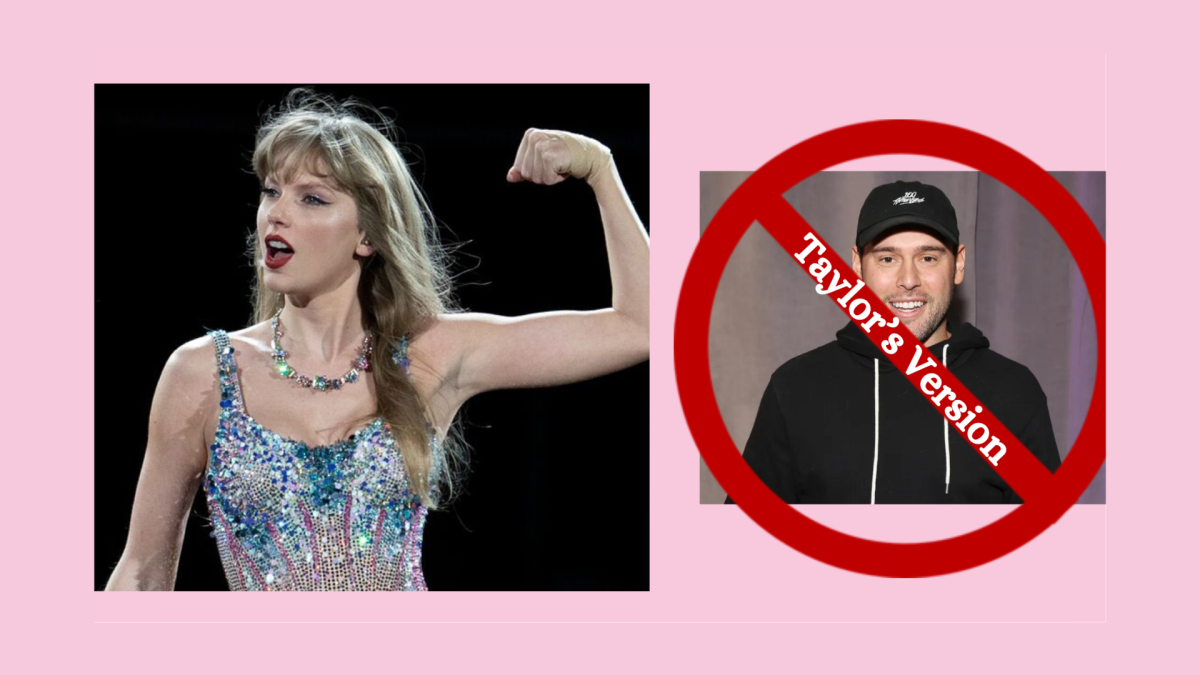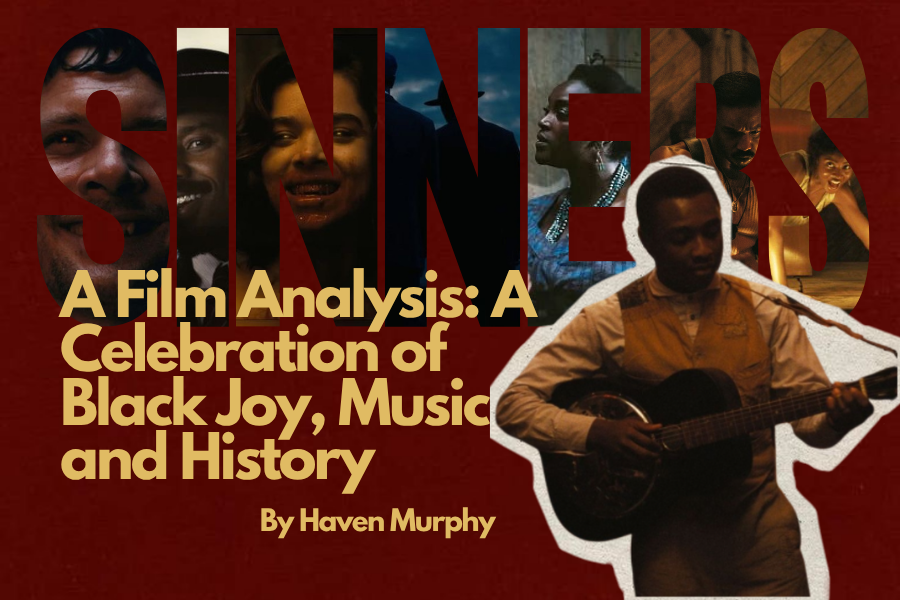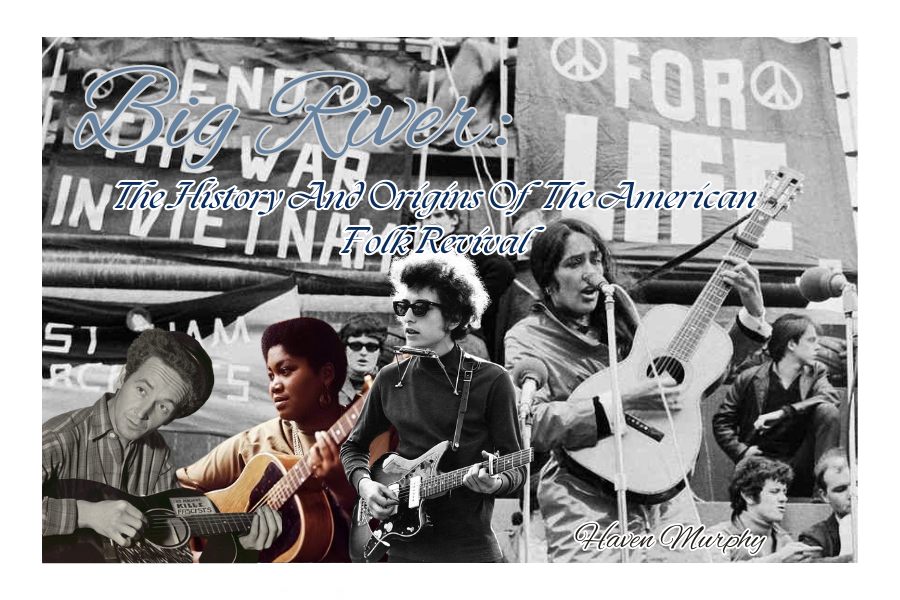In April 2021, Taylor Swift released an album titled Fearless (Taylor’s Version). To many, this made no sense, as Swift had previously released an album titled Fearless in November 2008. When comparing the albums, you will see that all of the songs are the same except for seven newly added tracks that are “from the vault.” Swift proceeded to release Red (Taylor’s Version) in November 2021, Speak Now (Taylor’s Version) in July 2023, and most recently 1989 (Taylor’s Version) in October 2023. All of these albums had been previously released without the “Taylor’s Version” label. Swift re-recorded and re-released each album with surprise added tracks. I have heard multiple people say, “It’s just the same songs, so what’s the point?” and “Wasn’t it already Taylor’s version?” When I hear this question I immediately intervene to explain, and what follows is the synopsis of why “Taylor’s Version”, or “TV”, exists.
Swift began professionally songwriting and singing in 2006, at age 14. She signed with a company called Big Machine Records in an effort to become a country singer. She released her self-titled debut album, Taylor Swift, in Oct. 2006. The album was an immediate hit, standing at number one on the Top Country Albums chart for a total of 24 weeks, and reaching fifth on the Billboard 200 chart. It became the longest-charting album out of all albums released in the 2000s. Swift’s debut album was certified Platinum seven times by the Recording Industry Association of America (RIAA), making Swift the first female country artist to write an entire platinum debut album. Swift immediately became a sensation, gaining millions of fans.
A big name in the story of “Taylor’s Version” is Scooter Braun. In late 2018, Swift’s Big Machine contract expired, and she had signed under Republic Records. However, her first six albums were still owned by the Big Machine label. In 2019, Big Machine’s CEO Scott Borchetta sold the company to a corporation called Ithaca Holdings, which is owned by Braun. By selling the label company to Braun, Borchetta had also sold the master rights of Taylor Swift, Fearless, Speak Now, Red, 1989, and Reputation.
Following this sale, Swift began trying to buy her first six albums back from the man who now had control of her work. She tried for years, and her request was consistently denied by Braun. Finally, Braun offered Swift a deal that would require her to sign with Big Machine again and create six more albums, each one in exchange for ownership over each of her six lost albums. Swift immediately denied the offer, seeing it as unacceptable and controlling. Braun also allegedly denied Swift the right to perform her old songs before her new contract with Republic Records was available to her.
Swift described Braun as an “incessant, manipulative bully” and felt betrayed by Borchetta for choosing Braun to sell the company to. According to Swift, Borchetta had known the conflict between Braun and Swift, knowing that Swift was previously hurt by Braun’s actions. Braun had been involved in the production of Kanye West’s “Famous” music video in which there was an inappropriate replication of Swift’s body. This music video was created without Swift’s consent, and she made it clear to the world that she was disgusted and upset by it. In addition, Braun was involved in the online bullying of Swift, leaking sensitive information of hers and recordings of phone calls.
Swift took to Tumblr on June 30, 2019, sharing the story of why she left Big Machine and how she learned about Braun acquiring the rights to her albums. “For years I asked, pleaded for a chance to own my work. Instead I was given an opportunity to sign back up to Big Machine Records and ‘earn’ one album back at a time, one for every new one I turned in. I walked away because I knew once I signed that contract, Scott Borchetta would sell the label, thereby selling me and my future. I had to make the excruciating choice to leave behind my past,” Swift wrote.
In August 2019, Taylor went on Good Morning America the day before her album Lover was released. In a live interview, she said, “One thing about this album that is really special to me is that it’s the first album I will own of my work.” In the same interview, Swift announced that she would be re-recording all of her lost albums, saying “I’m very excited about it because I think that artists deserve to own their work. I just feel very passionately about that.”
While Swift will likely never have ownership over her old masters, her “Taylor’s Version” albums have been whole-heartedly supported by fans. With each re-release, Swift adds “vault tracks”, which are songs that she has written but never put on any album. The only albums that have not been re-released by this point are Taylor Swift and Reputation, meaning all she has to take back from Braun now is her reputation and her name. It is predicted that Reputation will be the next release.
The albums that have been released since Swift left Big Machine are all owned by her. These albums are Lover, Folklore, Evermore, and Midnights. On the other hand, all money from Swift’s first five albums goes to Braun rather than the incredible artist herself, Taylor Swift. Next time you listen to any of Taylor Swift’s first six albums, make sure to listen to “Taylor’s Version” to avoid supporting the men who took advantage of Swift’s fame and talent.









